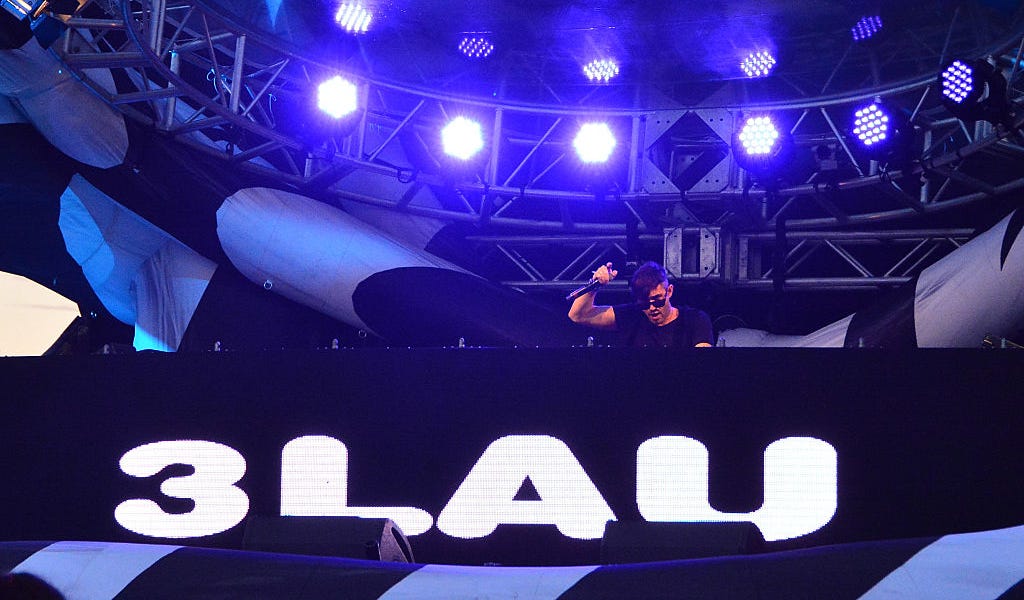One idea suggested by Royal is that the label’s opinion — and the radio station’s — is about to matter a lot less. All of a sudden, if you can grow a big enough social following, you can make a living off whatever music makes you happiest. This is somewhat true today, of course, but primarily to musicians who can live off touring and streaming... See more

